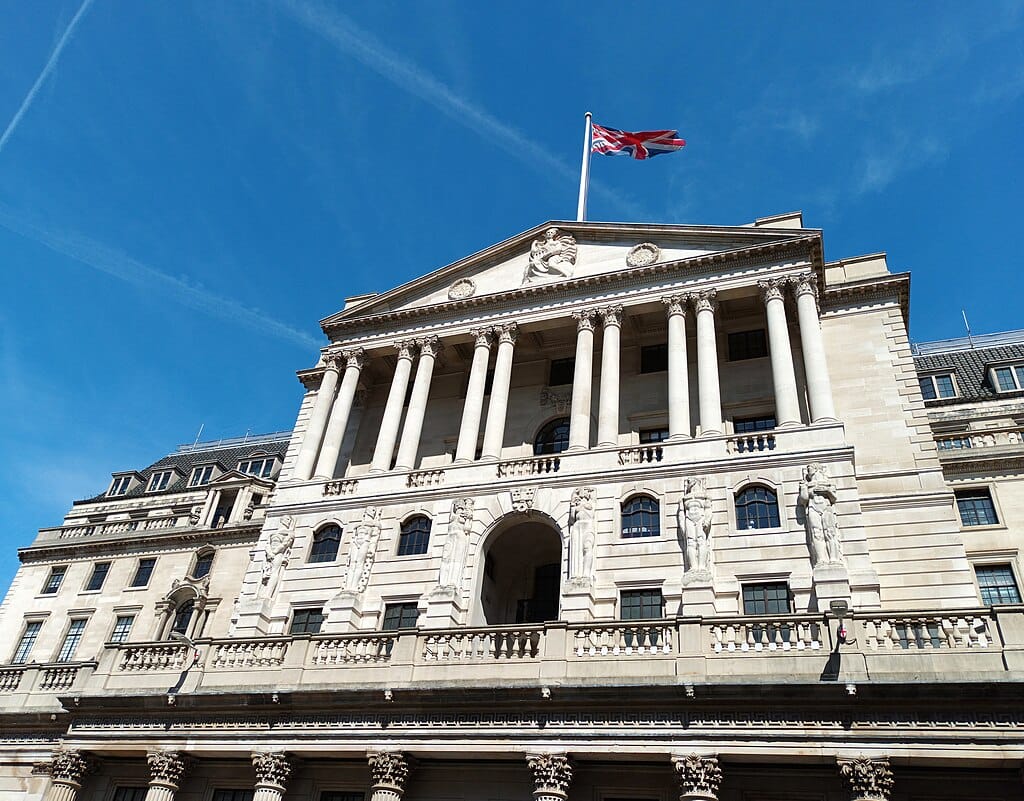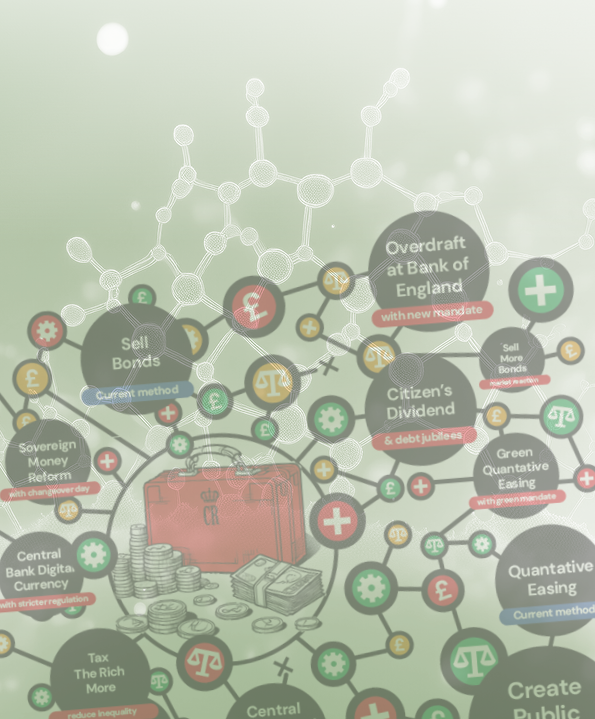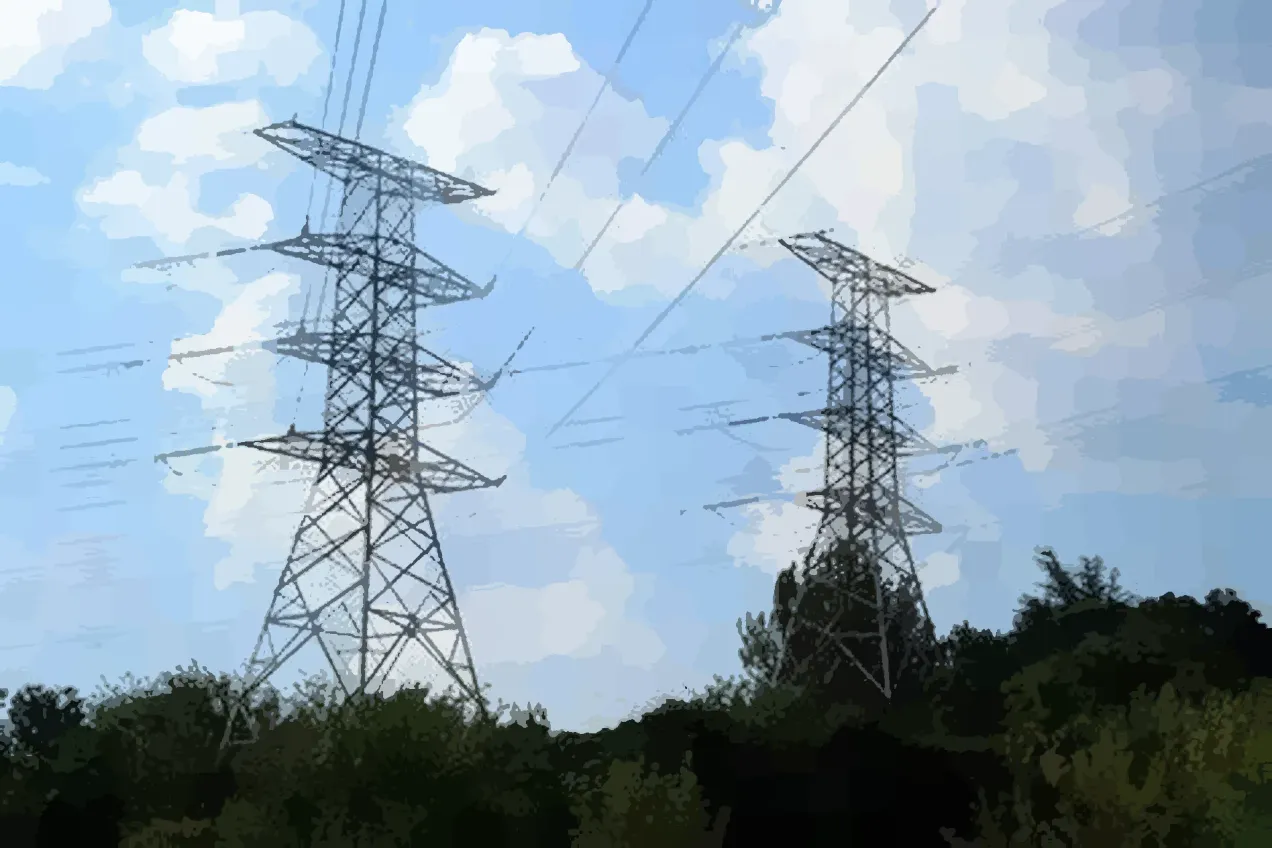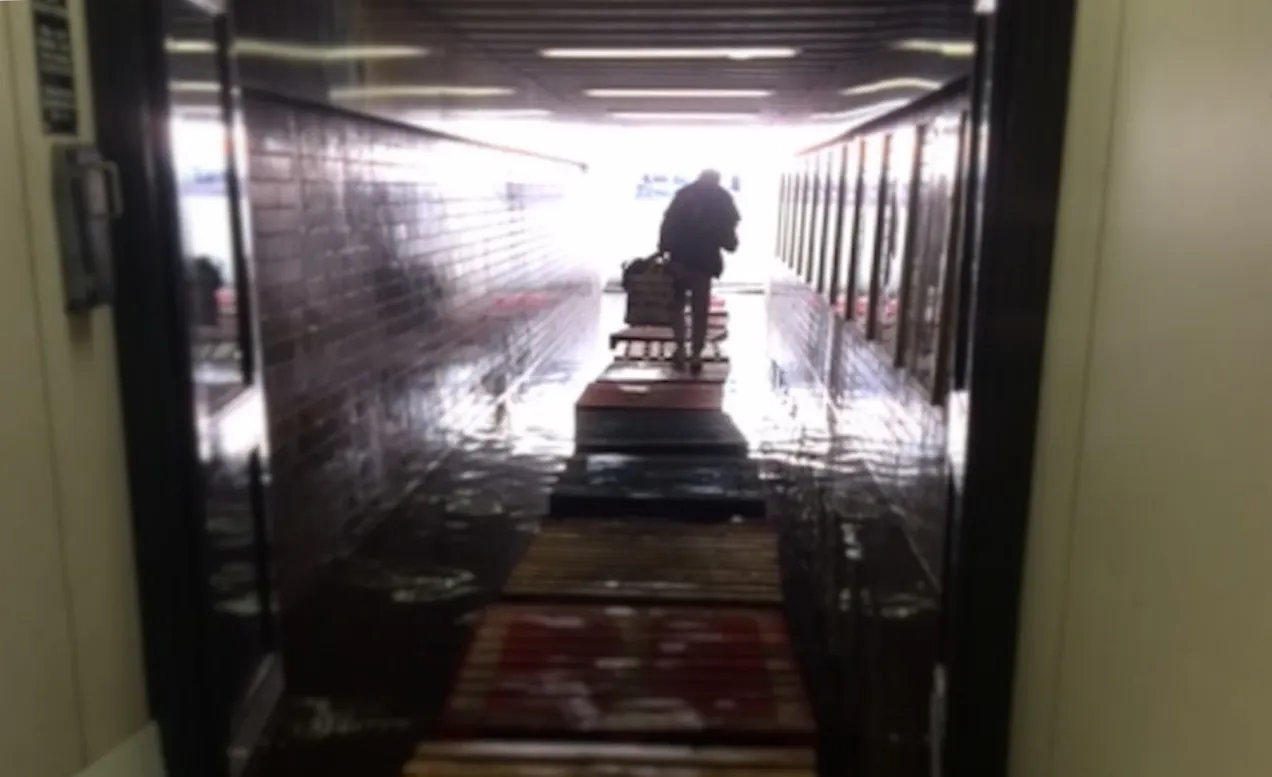Publications
Green House publishes:
Reports - Containing recommendations
Pamphlets - Longer essays, or sometimes a collection of essays by different people
Gases - Shorter essays which look at a topical issue
Books - Which are sometimes collections of other work
Surveys - Analysis of survey responses
Plus we have submitted evidence to inquiries, responded to consultations or reports produced by other people. These are available on our Responses page.
Decisions on whether to publish material are taken by the Green House Core Group. However, the views expressed are those of the authors not of Green House as an organisation.

Can We Thrive Without Overheating the Planet? Lessons from Costa Rica and Uruguay
This article asks: is it possible to secure high levels of wellbeing while keeping emission levels within a fair and sustainable limit? It takes a global perspective, identifying countries that effectively support their citizen's wellbeing using significantly few resources.
The Great British Pension Fiasco
The Great British Pension Fiasco unearths the uncomfortable truth about the very institutions entrusted with safeguarding the UK’s financial stability. This is a tale of the failed governance that paved the road to more austerity, stalling the green transition and gutting social investment.
Briefing: Managing the UK Economy in times of the Climate Emergency
This briefing describes how the UK economy functions based on the works of many non-mainstream economists. It dispels the current economic orthodoxy of fiscal rules and taming inflation, shows banking is key for a thriving economy, and gives different options for funding public spending.
You Never Give Me Your Money
The COP29 conference is floundering with the usual tussle between the Global South asking for financial support to green their energy systems and the Global North pleading poverty. This article looks at some radical solutions for this impasse.
Beyond Drax: A Real Green Future for Yorkshire and the Humber
In this report we quantify and describe over 70,000 green jobs across various sectors in Yorkshire and the Humber over ten years. We propose a redirection of Drax subsidies towards this vision.
Reinventing Politics: Some Post-Electoral Thoughts For The Conservatives
This piece by Rupert Read and Liam Kavanagh (co-Directors of the Climate Majority Project), with a companion piece addressed to Labour and Read’s earlier piece on the Green Party, form a series reflecting on the new UK political situation from the perspective of Green House’s interests and concerns.
Reinventing politics: some post-electoral thoughts for labour
This piece by Rupert Read and Liam Kavanagh (co-Directors of the Climate Majority Project), with companion pieces addressed to the Conservatives and (by Read) to the Green Party, form a series reflecting on the new UK political situation from the perspective of Green House’s interests and concerns.
Post 2024 General Election Survey - Analysis
The Green House 2024 general election survey highlights big questions for Green Parties around their purpose and differentiation from other political parties, how to represent increasingly diverse views and how to model the society they wish to see through their own internal governance systems.
Spinning plates: balancing pressures for nutrition and planet
How should the UK's Eatwell Guide be brought up to date, incorporating sustainability as well as health considerations?
The Many Dimensions of Energy
Gareth Wyn Jones, Emeritus Professor at Bangor University, formerly Director, Centre for Arid Zone Studies and Chief Scientist, Countryside Council for Wales, argues that humanity's over-use of energy as such, rather than simply its reliance on fossil fuels, drives global warming and much else.
The true power of the Green Party is now: to admit our own powerlessness to ‘save the world’
How to parlay four MPs into a genuinely transformative response to the climate and ecological emergency? A prominent Green thinker offers a challenging proposal.
Climate Emergency: Economics, Politics, Honesty
This Framing Paper by Jonathan Essex on behalf of Green House Think Tank outlines areas of focus for our forthcoming project. Green House is grappling with what this all means in practice and welcomes contributions and collaboration.
Climate and Justice
John Foster links climate, justice and morality in a way which readers may not be expecting. He argues that instead of seeing our responsibilities here as obligations of justice, now very much the standard story, we need to contrast them with the kind of obligation which justice imposes on us.
Averting climate catastrophe – can democracy cut it?
How should people respond to the Climate Emergency? This gas is an exchange between Jem Bendell, and John Foster around a critical question of our times: Can democratic action now avert climate and ecological catastrophe. If so, in what form? If not, shouldn’t we be considering alternatives?
India’s ‘Green Hydrogen’ project needs critical examination
In this article, first published by The Wire (India), Pritam Singh and Simon Pirani question the Indian government’s approach to the use of “green” hydrogen. There are important parallels with the issues raised in the Green European Foundation’s Greening Hydrogen report published in 2021.















